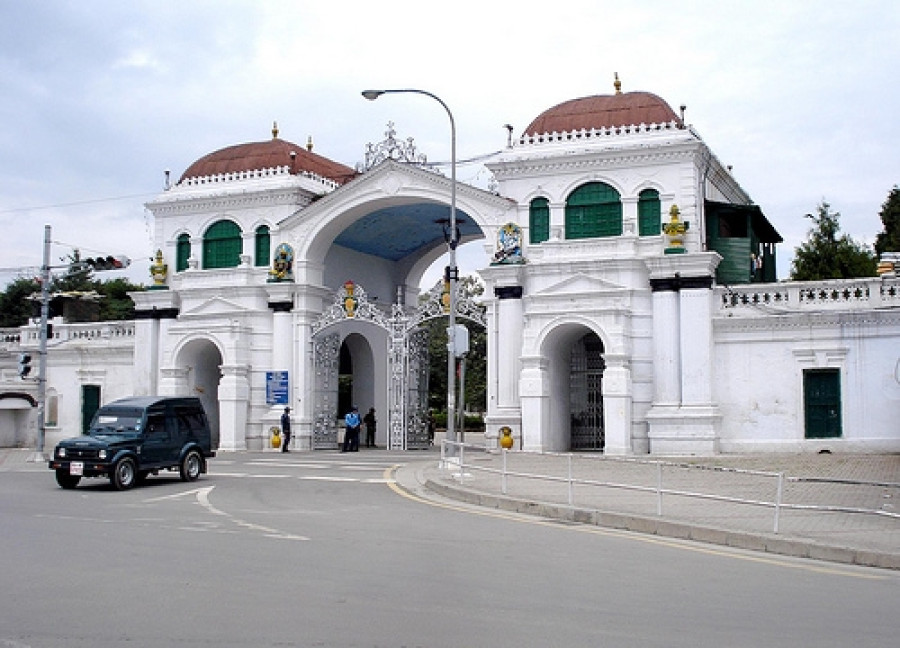National
Govt in fix over extending India’s ‘umbrella agreement’
The government is in a fix over giving an extension to Small Development Projects undertaken by the government of India as the term of an agreement between the two countries expires on Saturday.
The government is in a fix over giving an extension to Small Development Projects undertaken by the government of India as the term of an agreement between the two countries expires on Saturday.
Incepted in November 2003, the projects are popularly known as “umbrella agreement”, on the basis of which the Indian Embassy has been extending assistance to various projects at local levels, including schools, colleges and hospital buildings. The political leadership has also been divided over giving an exclusive rights to India to directly disburse projects worth up to Rs50million to the local bodies.
Signed in 2003 during the premiership of Surya Bahadur Thapa, the agreement allows the local bodies to reach out directly to the Indian Embassy with suitable proposals to receive up to Rs50 million in grants for small development projects.
But with the old structure being replaced by a new one following recent local elections, officials at the Finance Ministry are in a state of uncertainty. The new system prohibits the local units from taking foreign funds directly from any bilateral or multilateral donors.
After the installation of new local units, our current MoU with the Indian side has become invalid as the new constitution only allows the local units to receive direct grants either through the central government or from the provincial government, a senior Finance Ministry official clarified.
“We have already communicated this to the Indian side. But the Indian side has been insisting on extending the provision for a year, suggesting a modification to the MoU after the provincial elections,” the official said.
The ongoing projects will continue, the official explained, “but for the new ones, we have to either wait until the provincial elections or make a full-fledged institutional arrangement.”
According to the official, the Indian side has to reach an agreement with the central government that would allow disbursement of grants to the projects following separate agreements between the Indian side and the concerned local units. “Otherwise, we don’t see any way out at the moment,” said the official, claiming that the ministry wanted to “discontinue the provision.”
Some political leaders have questioned the way India has been accorded exclusive rights to distribute projects, expressing fears that China and other countries might also seek similar leverage from Kathmandu.
A senior Indian Embassy official said that they have not received any information from the Nepal government in this regard.
“Until the institutional arrangement is made, we will not provide grants and will continue the existing projects. But we will start distributing grants once new arrangements are made,” the embassy official said.
The Indian side has also put up a proposal—to extend the current provision up to January until the elections to the provincial parliament are held, according to the Finance Ministry official.
“Negotiations are underway and we are trying to find an amicable solution,” the ministry official said.
The Nepali side has already given extension to the provision on several occasions—in June 2006, August 2008, August 2011, August 2014.
Projects worth less than Rs50 million are undertaken with focus on areas of infrastructure development and capacity building in the areas of education, health community development. The projects are implemented through the district development committees (DDC), municipalities, divisional offices of the Department of Urban Development and Building Construction (DUDBC).
The Indian Embassy maintains that it does not release funds directly to the beneficiary organisations.
Funds are released to the local bodies of Nepal in the districts concerned in four instalments based on their progress reports on the projects.




 9.7°C Kathmandu
9.7°C Kathmandu













